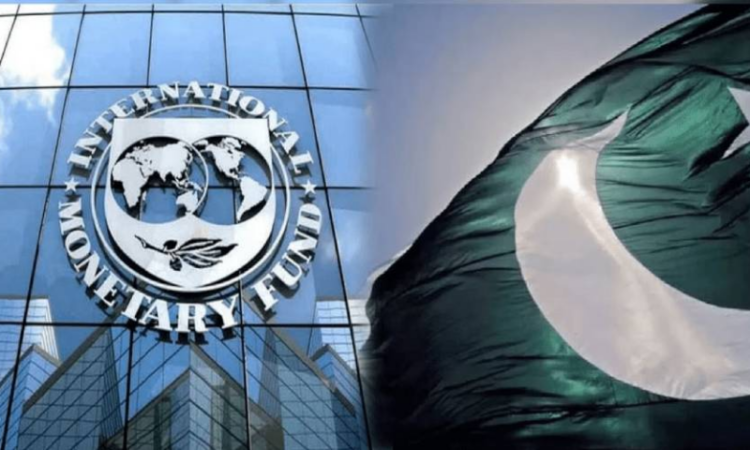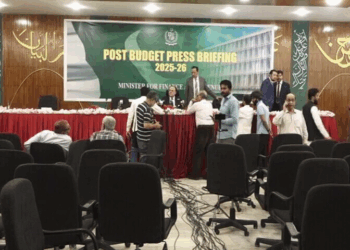Islamabad, February 9, 2025: A mission from the International Monetary Fund (IMF) has arrived in Pakistan to conduct a comprehensive review of governance and corruption, with a particular focus on judicial integrity, financial oversight, and anti-corruption measures.
The Pakistan Governance and Corruption Diagnostic Assessment, the first of its kind, began on Thursday and will conclude on February 14. According to diplomatic sources cited by an English daily, the IMF team will engage with at least 19 government ministries, departments, and institutions, including the Judicial Commission of Pakistan (JCP) and the Supreme Court of Pakistan (SCP).
The mission comes at a critical time, as concerns have been raised about judicial appointments, especially following the 26th Constitutional Amendment, which introduced a political role in the selection process. The IMF will discuss these concerns with the Judicial Commission next week and assess judicial integrity and independence—key areas for governance reform.
Under its $7 billion agreement with the IMF, Pakistan has committed to publishing the mission’s findings by July 2025. The assessment aims to identify governance vulnerabilities and propose structural reforms to combat corruption.
The IMF will hold meetings with National Accountability Bureau (NAB) to discuss the National Anti-Corruption Strategy and enforcement of anti-money laundering laws. It will also hold a meeting with Financial Monitoring Unit (FMU) to assess suspicious transaction reporting and financial intelligence mechanisms. During the sitting with National Anti-Money Laundering Authority & Combating Financing of Terrorism Authority. The IMF mission will evaluate Pakistan’s strategy against illicit financial flows.
The discussions will cover the money laundering proceeds of domestic corruption and Pakistan’s risk mitigation strategies.
The IMF will meet with the Ministry of Law and Justice to assess the rule of law, property rights protection, and contract enforcement. It will also examine whether legal reforms are necessary to enhance judicial independence.
Additionally, meetings with the State Bank of Pakistan (SBP) will cover Governance challenges in the banking sector, supervisory frameworks for financial institutions, including state-owned banks and recent banking scandals, such as alleged money laundering via solar panel imports and currency manipulation by commercial banks.
The IMF will review governance risks in tax policy with the Federal Board of Revenue (FBR), as well as transparency in corporate ownership through meetings with the Securities and Exchange Commission of Pakistan (SECP).
The mission will also assess Public Investment Management & Public-Private Partnerships (Ministry of Planning), External Debt Management (Ministry of Economic Affairs & Ministry of Finance) and Governance in Land Management (Federal Land Commission).
The IMF underscores that effective governance and independent anti-corruption institutions are crucial for strengthening Pakistan’s investment climate, reducing undue influence of vested interests, and ensuring sustainable economic reforms.
The mission’s findings will be instrumental in shaping Pakistan’s governance reforms and fulfilling its commitments under the IMF agreement.








